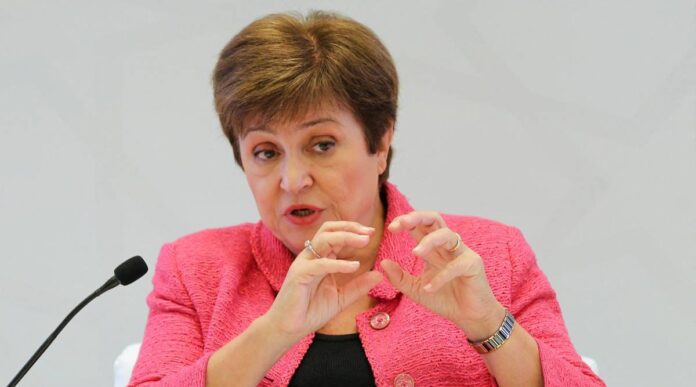The Food and Agriculture Organization (FAO) Director General Qu Dongyu, International Monetary Fund (IMF) Managing Director Kristalina Georgieva, World Bank Group (WBG) President David Malpass, World Food Programme (WFP) Executive Director David Beasley and World Trade Organization (WTO) Director General Ngozi Okonjo-Iweala have reiterated their commitment to tackling global food insecurity.
In a joint statement issued yesterday, the bodies said globally, poverty and food insecurity are both on the rise after decades of development gains.
They disclosed that in response to the inflation of food, fuel and fertilizer prices, countries have spent over $710 billion for social protection measures covering one billion people, including approximately $380 billion for subsidies.
They said that supply chain disruptions, climate change, the COVID-19 pandemic, financial tightening through rising interest rates and the war in Ukraine have caused an unprecedented shock to the global food system, with the most vulnerable hit the hardest.
They said food inflation remains high in the world, with dozens of countries experiencing double digit inflation. According to WFP, 349 million people across 79 countries are acutely food insecure. The prevalence of undernourishment is also on the rise, following three years of deterioration.
“This situation is expected to worsen, with global food supplies projected to drop to a three-year low in 2022/2023. The need is especially dire in 24 countries that FAO and WFP have identified as hunger hotspots, of which 16 are in Africa,” they said.
Fertilizer affordability as defined by the ratio between food prices and fertilizer prices[3] is also the lowest since the 2007/2008 food crisis, which is leading to lower food production and impacting smallholder farmers the hardest, worsening the already high local food prices. For example, the reduction in 2022 of the production of rice, for which Africa is the largest importer in the world, coupled with prospects of lower stocks, is of grave concern.
However, only US$4.3 billion has been spent in low-income countries for social protection measures, compared to US$507.6 billion in high-income countries.



